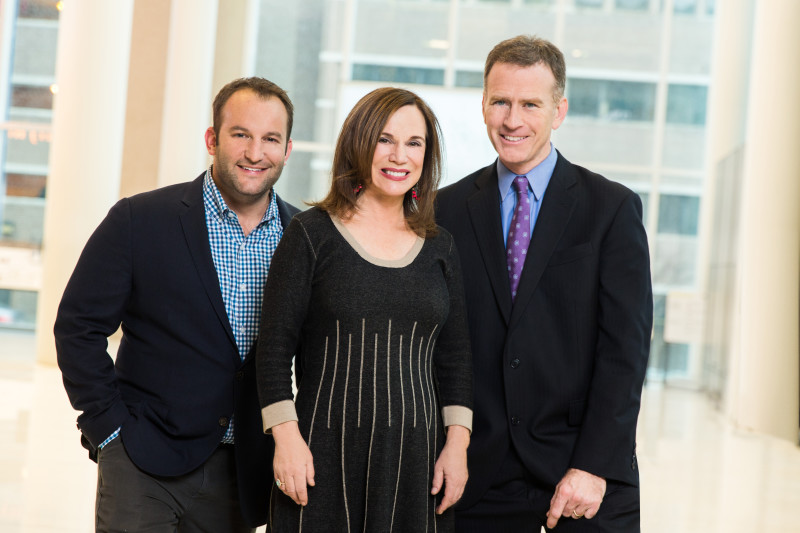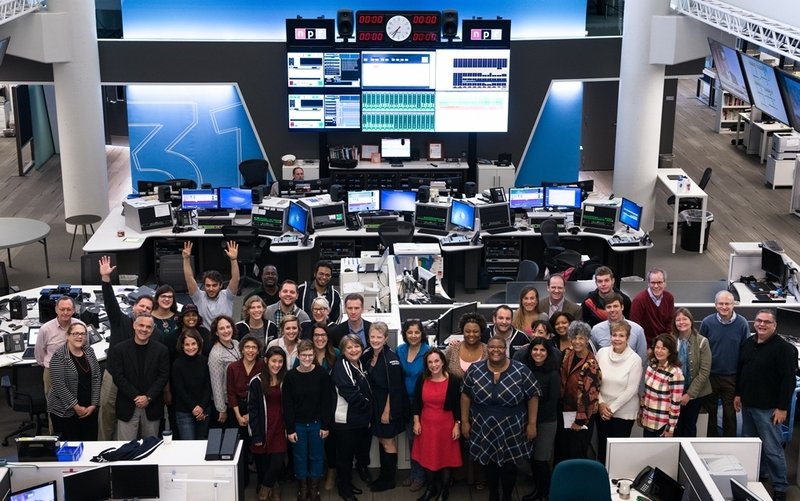Not only is Morning Edition the most-listened-to news radio program in the country, but it's also NPR's only 24-hour show — and the only one with hosts on both coasts. Steve Inskeep and David Greene anchor the desk in Washington, DC, and Renée Montagne is at NPR West in Culver City, CA. Renée graciously took time near the end of her workday (8:30am) to talk to On Q about the show, her role and her idea of a perfect day in San Francisco.
On Q: Were you the first person to co-host Morning Edition from the West Coast?
Yes. In March 2004, the Sunday before Bob Edwards announced he was leaving the show — that's just 48 hours in advance — I got a call asking if I wanted to host for the summer. I was floored, but I was already on the staff of Morning Edition at that point as a substitute anchor, so I knew the role and challenges.
Morning Edition is a bit like what they say about Ginger Rogers: "She did it all backwards and in high heels." This show does what other shows do, but 24-7. I work the midnight-to-whenever-we're-done shift, but even for hosts on the East Coast, you're still getting in at, like, 3am. Just working these hours is a unique challenge.
On Q: At least you don't have much traffic on your commute.
For Los Angeles, the hours are wonderful. I get to the studios in 12 minutes, when it takes more like 40 minutes during regular commute hours. I go to bed around 3-3:30pm, so my first order of business when I was officially hired was to get custom-made blackout curtains.
On Q: You hosted All Things Considered in the late 1980s before returning to reporting. Why did you make the switch?
I missed being out in the field. I'm glad I made the switch; I ended up getting to spend a lot of time in South Africa during two great moments in 20th-century history — the release of Nelson Mandela and his becoming president of the country.

